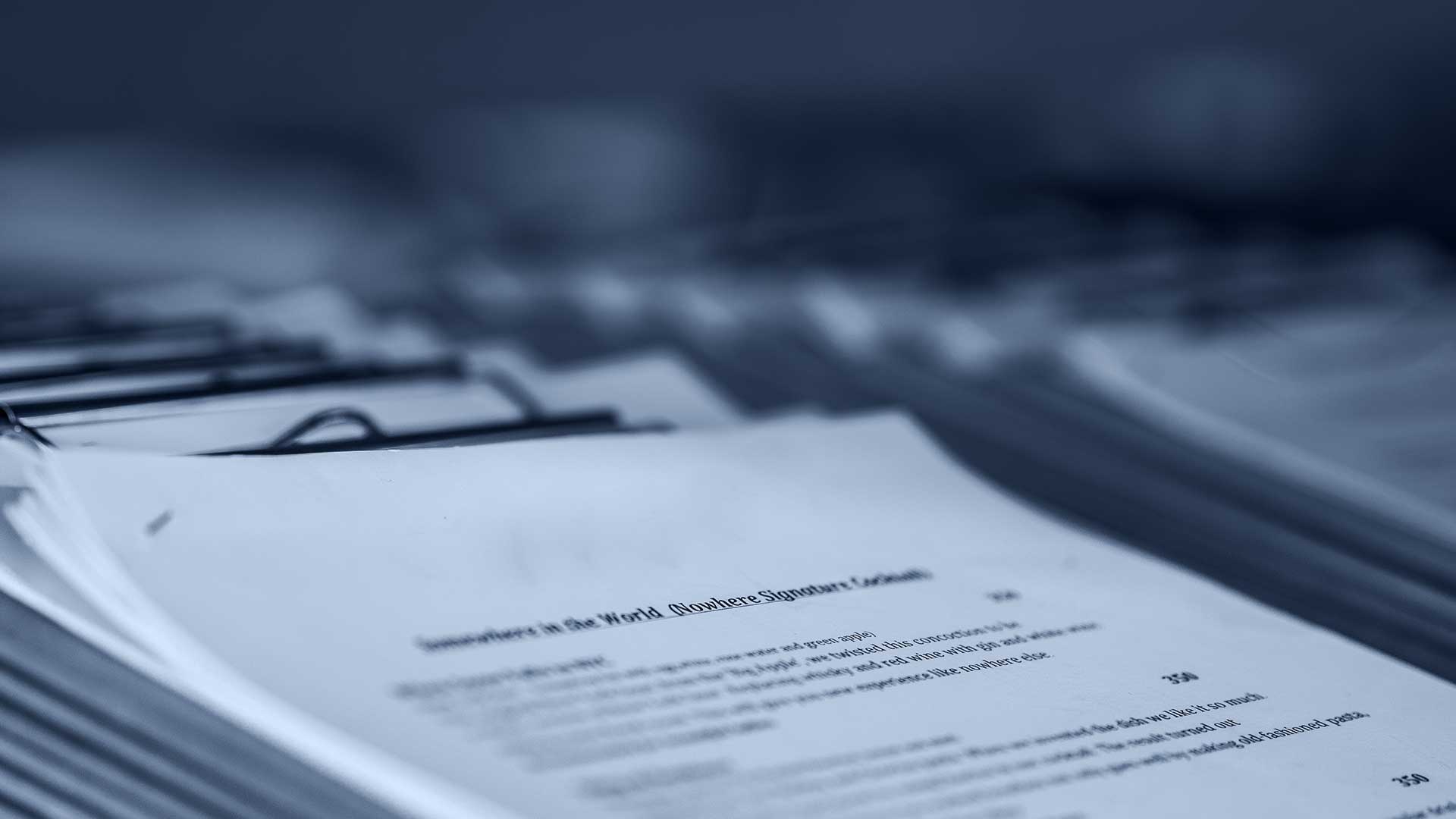BCB Group - Cryptocurrency - Compliance/AML News roundup – Perusing The Pandora Papers
Compliance/AML News roundup – Perusing The Pandora Papers
Here’s our latest roundup from the Compliance and Legal Teams here at BCB Group, providing insights into the recent news highlights in the worlds of compliance and AML, crypto-focused and beyond.
If you’d like to get in touch with us about any of our products or services, just send us a note, we look forward to hearing from you.

PERUSING THE PANDORA PAPERS
The International Consortium of Investigative Journalists released the Pandora Papers earlier this month, shedding light on ultra-high-net-worth financial secrecy. In data terms, this leak surpasses all of its predecessors. The papers expose information on 35 world leaders and more than 100 billionaires and influential figures. Tail end estimates indicate that up to $32 trillion is currently hidden.
However, it would be wrong to state that Pandora’s box has now been opened. Truly, the exposé has not brought anything new to the table. At this point we’re all aware that offshore financial centres and opaque structures allow the rich to conceal wealth that would otherwise be very awkward to justify were it disclosed in a transparent manner. From a financial crime perspective, the fine line between tax evasion and avoidance is constantly being smudged. Compliance professionals should be acutely aware of this and the stance(s) adopted by tax authorities. For instance, through their general anti-abuse rule (GAAR), HMRC can and will deem overly aggressive avoidance strategies as evasive.
Nonetheless, the use of an offshore vehicle provides no indication of wrongdoing. Many legitimate business operations are underpinned by an offshore element. The papers are not an attack against the concept of “offshore” but rather, an evaluation of use and abuse cases by those who are in a position to influence us. The leaks should be understood within this context – the fight for disclosure and transparency. Is it one rule for them, and another for us?
Source: ICIJ

CENTRAL BANK OF URUGUAY TO INSTALL CRYPTOASSET REGULATORY FRAMEWORK
The BCU (the Uruguayan Central Bank) has issued a rough roadmap in conjunction with its internal cryptoasset working group to establish a regulatory framework for cryptoassets in Uruguay. In their roadmap they highlight the great potential that the increased adoption of cryptoassets has to vastly improve the “development and efficiency of the financial system and payments”. However, they also highlight the potential risks of widespread adoption, most notably the consumer risk posed by a complete lack of regulation. The first step that they want to achieve in Q4 2021 is to widen the working group to include industry participants, as well as other governments and intergovernmental organisations. They are hoping to learn from these stakeholders’ experience in developing the products and regulating the space, in order to develop a regulatory framework that both protects consumers and promotes innovation. The BCU plans to start rolling out the regulatory framework in 2022.
The roadmap suggested by the BCU is an encouraging step forward towards greater adoption of cryptoassets. It follows the introduction of a bill by Uruguayan Senator, Juan Sartori, in August which calls for the adoption of cryptocurrencies as a “valid means of payment”, though it stops short of considering it legal tender. If the bill passes into law then there would be three licensing regimes open to industry participants: an exchange-trading licence; a custody licence; and, an issuing licence for participants looking to issue tokens with ‘financial characteristics’. An interesting quirk of the bill is that, in addition to the proposed licensing regime, it calls on the Uruguayan Government to promote “technical training for electrical, civil and computer engineers in the generation of virtual assets”. Hopefully this will ensure that, by the time the regulatory framework is in place, an army of engineers and computer scientists are ready to implement the technological advancements envisaged by both the BCU and Senator Sartori.
Source: BCU

BRAZIL PLANNING TO “TIGHTEN PENALTIES FOR CRYPTO-RELATED FINANCIAL CRIMES”
Stricter cryptoasset regulations are being drafted in Brazil, with aims to introduce a more robust regulatory framework, and more severe money laundering penalties.
The most recent regulatory amendments are part of a new bill, which will require businesses offering cryptoasset trading, custody, exchange and payments to be authorised by the Central Bank of Brazil in order to continue operating. The state is also endeavouring to protect citizens from cryptoasset related FinCrime (notably scams), by significantly increasing the penalties money launderers will face: fines will increase from ⅓ to ⅔ of the amount of money laundered with cryptoassets, and prison time increased to a maximum of 16 years and 8 months, in addition to a fine. For reference, the maximum penalty in Brazil for crimes such as armed robbery and murder is currently 20 years.
Back in August, the Head of Brazil’s Central Bank, Roberto Campos Neto, called for the state to reshape regulations in response to increased local cryptoasset adoption and awareness. The recent bill is reflective of positive efforts from nations across South and Central America to adapt to the every-increasing adoption of cryptoassets by their citizens.
Sources: CoinDesk | CoinTelegraph | Yahoo! Life

UAE REGULATORS PARTNER WITH BITOASIS IN BID TO TACKLE CRYPTO-RELATED CRIME
The UAE Financial Intelligence Unit and cryptocurrency exchange BitOasis are deepening ties between law enforcement and the crypto-asset exchange, with the aim of cementing compliance frameworks and preventing crypto-related crime in the state.
The FIU and BitOasis have partnered on several significant projects, with this aim in mind: in September, BitOasis became the first local exchange to connect to the FIU’s GoAML platform, enabling the reporting of suspicious transactions; more recently, the Dubai Police and the exchange announced a partnership to raise awareness about crypto-related fraud. The Head of the UAE FIU said the department was “delighted” that BitOasis was the first exchange in the UAE registered on the GoAML platform, noting that such commitments would “ensure that local fintech startups are able to meet compliance requirements”.
The latter partnership, involving both the UAE FIU, and National Committee for Combating Money Laundering and the Financing of Terrorism and Illegal Organisations (NAMLCFTC). The collaboration is intended to help ‘educate investors and traders about crypto fraud’, and to build regulatory frameworks that will make crypto safer for local investors. In pursuit of this aim of cracking down on crypto-related fraud, the Dubai Police’s virtual asset crime section is undergoing ‘extensive training to understand crypto and blockchain’.
These collaborations arrive in the midst of wider UAE efforts to establish clear regulatory frameworks for the crypto industry and take a “hands-on approach” to ensure the country’s “financial security”. Regulators recently approved crypto trading in the Dubai free zone, which will allow the Dubai World Trade Centre Authority to issue approvals and licenses for cryptocurrency-related financial activities.
Sources: CoinTelegraph | Arab News
This article was prepared by Will McFadden, Legal Analyst, Kamran Choudhary, Transaction Monitoring Officer, Anna Cooper, Junior Compliance and AML Analyst and was overseen by Natasha Gonseth, Head of Compliance.
 Will McFadden | Legal Analyst
Will McFadden | Legal Analyst
 Kamran Choudhary | Transaction Monitoring Officer
Kamran Choudhary | Transaction Monitoring Officer
 Anna Cooper| Junior Compliance Analyst
Anna Cooper| Junior Compliance Analyst

Natasha Gonseth | Head of Compliance








